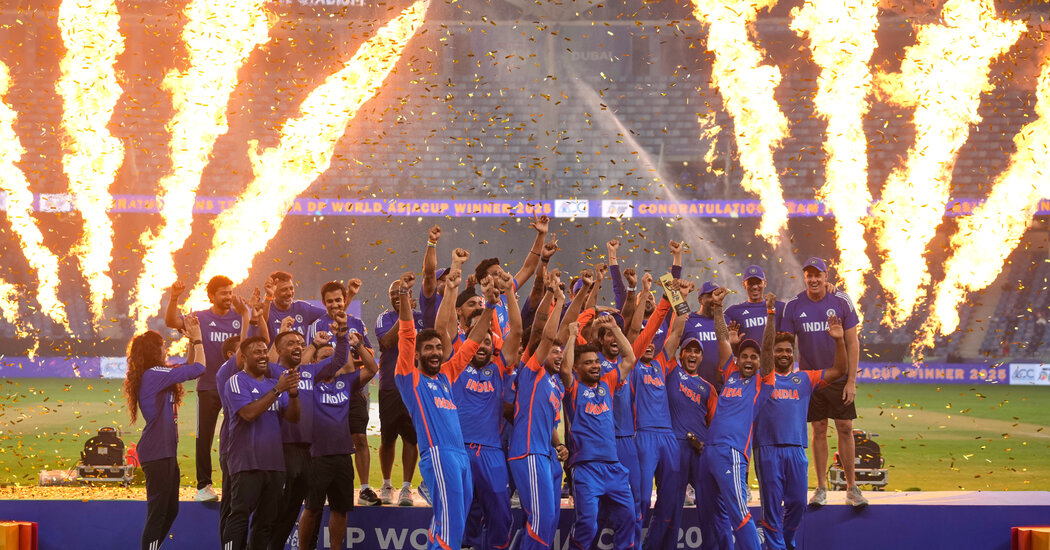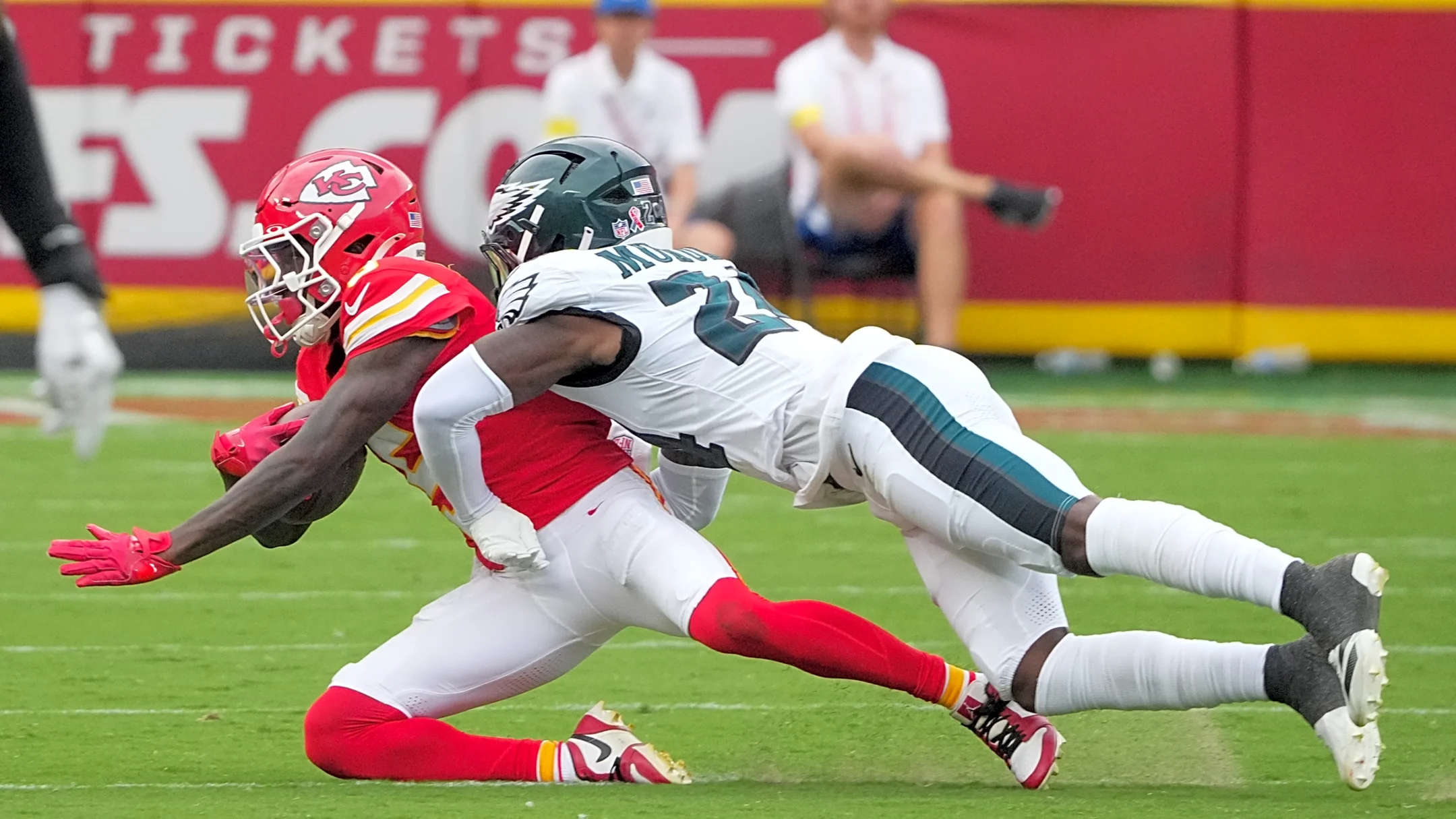
The showdown began without a handshake. And it ended without a trophy.
The rivalry between the cricket teams of India and Pakistan is among the fiercest and most widely watched in world sports. When tensions between the two countries have been at their worst, several years have sometimes passed between matches.
So after a deadly terrorist attack in spring kindled a sharp bout of armed conflict, some were surprised to see both national teams take part in the Asia Cup, a cricket tournament in the United Arab Emirates that brought them together three times in two weeks.
An hourlong standoff after the tournament final — in which India beat Pakistan for the third time in succession — showed just how bitter relations remain.
At the presentation ceremony in Dubai on Sunday, India refused to accept the trophy from Mohsin Naqvi, leader of the Asia Cricket Council, which organizes the tournament. Mr. Naqvi also happens to be the head of the Pakistan Cricket Board and the interior minister of Pakistan.
With the Indian cricketers sprawled on one side of the field, and the Pakistan team back in its dressing room, officials paced between the factions trying to resolve the issue. In the end, Mr. Naqvi and his colleagues left the podium, taking the trophy with them.
“I have been informed by the A.C.C. that the Indian cricket team will not be collecting their awards tonight. So that does conclude the post-match presentation,” the ceremony’s host, Simon Doull, announced, referring to the Asia Cricket Council, more than 70 minutes after the last ball had been bowled.
It did not, however, conclude the drama.
The Indian team walked alone onto the presentation dais and pretended to lift an imaginary trophy, posing for photographs as fireworks went off in the background and the crowd cheered.
“What they did is disrespectful to the game,” he said at a post-match news conference. “If they thought it was a disrespect to us, they are wrong there.”
This was the first tournament India and Pakistan had played after the three-day military skirmish in April. That fighting, the worst between the two countries in decades, came in the aftermath of a terrorist attack in Pahalgam, in the Indian-controlled part of Kashmir, that killed 26 people. Many fans and experts in India criticized the decision to play Pakistan in the tournament.
In the wake of the criticism, Mr. Yadav, India’s captain, first attracted controversy in their first meeting when he refused to shake hands with his Pakistani counterpart before or after the match, a refusal repeated at the two subsequent matches.
During the teams’ second encounter, one Pakistani player responded to heckles from the crowd by seemingly miming planes crashing — India lost fighter jets during the recent conflict — and another celebrated scoring 50 runs by pointing his bat like a gun.
Speaking at separate news conferences after the most recent match, both captains announced that they were donating their match fees — Mr. Yadav to the Indian Army and Mr. Agha, alongside the rest of his team, to civilians who had lost their lives in the Indian attacks.



